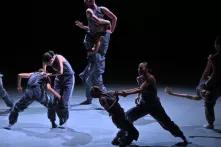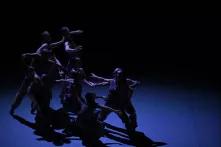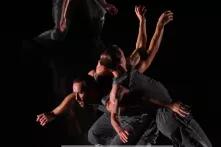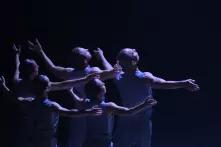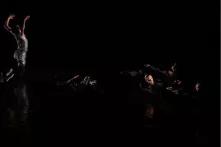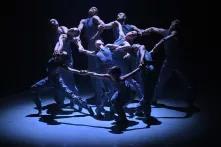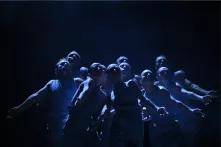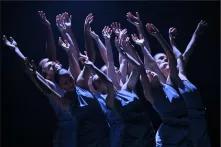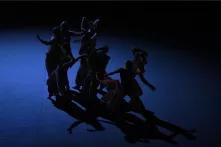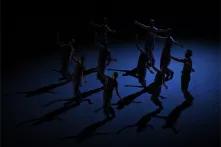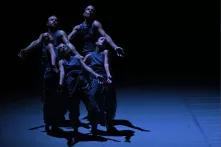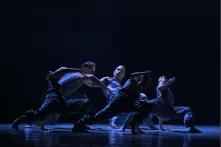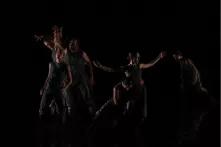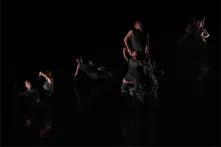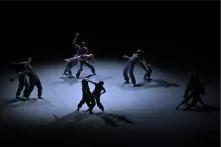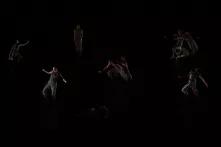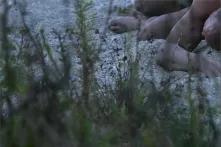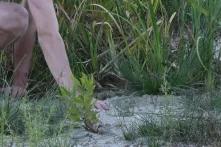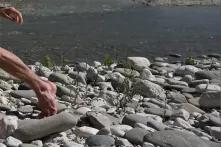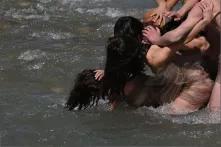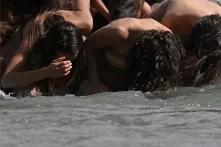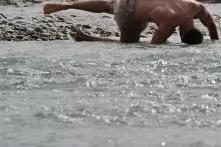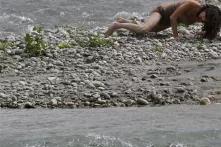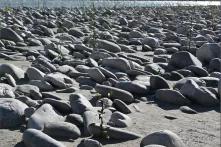‘ACTUS, for Vjosa’ is an artistic production that brought together Albanian and European artists dedicated to the preservation of Vjosa, the last European wild river. The contemporary dance performance was created by the choreographer Gentian Doda, while the music written by Çezar Aliaj was inspired by Bach’s Cantata 106 and by Albanian polyphonic concepts. The performance showed a miniature world, an amorphous, mobile structure with references to the ‘liquid society’ theory.
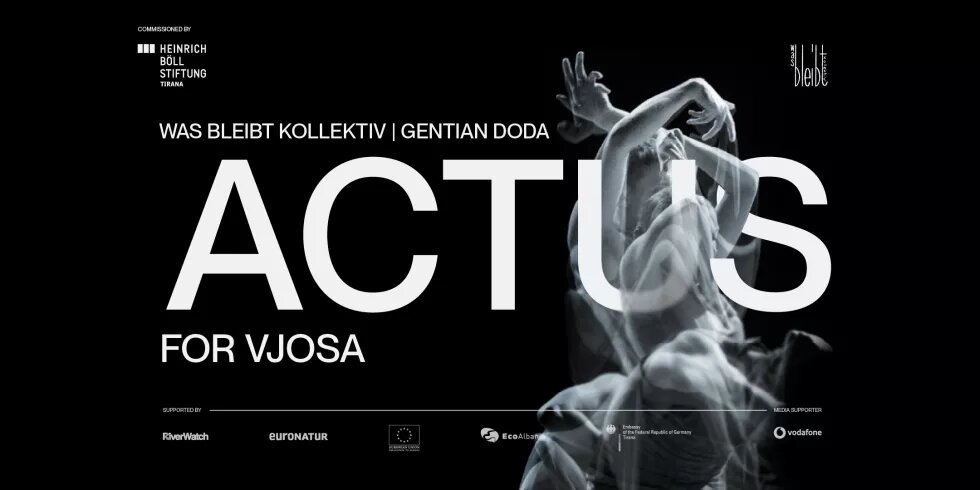
Vjosa - the last free river of Europe
Vjosa River has its source from the Greek Pindos and it flows into the Adriatic. What makes this river so unique is the fact that all its main tributaries (Drinos, Shushica, and Bënça) are free-flowing, and this creates a living network that can’t be found anywhere else in the continent. This area is made up of a vast variety of different habitats indicating a unique picture of how rivers in Europe used to be before the era of destruction. So far, scientists have identified that Vjosa hosts around 1,500 species, thirteen of which are globally endangered. Researchers believe that there is at least ten times more to be discovered in scientific terms.
Vjosa Natural Park
For more than twenty years, the entire river system has been attacked by hydropower dam projects, and different local and international organizations battled on the preservation of the Vjosa River for almost a decade. Simultaneously to the environmental activists, different studies proved that Vjosa River is an unsuitable candidate for hydropower plants. These human interventions would not only irreversibly destroy such a natural heritage, but would not be feasible from the financial aspect. After a long and untiring campaign, the Albanian Government signed in June 2022 a commitment to establish Vjosa a national park, which would give to the river the highest level of protection.
The government commitment to preserving this natural heritage doesn't include its estuary, the Vjosa-Narta Lagoon, which remains a focal point in terms of biodiversity importance. Due to its geographical position, this protected area functions as a 'migration corridor' for hundreds and thousands of bird species, which not only transit across from different continents, but a considerable part also finds shelter in these territories. While the current plan of the government to construct an airport and a tourist resort within the Vjosa-Narta Lagoon, flight paths and other human interventions would highly impact this natural habitat, exposing these species to immediate threats, and changing irreversibly what today is a haven for different forms of life.
Extraordinary art performance connecting people with the last free river of Europe
To stress the importance of preserving the Vjosa River, the Heinrich Böll Foundation Tirana Office commissioned the contemporary dance performance as a mean to raise awareness on this important message. This outstanding project could only be realized with the valuable support of our partners: Riverwatch, Euronatur, European Delegation to Albania, EcoAlbania, the Embassy of Germany in Albania.
The show had its world premiere on October 24, at the National Theatre of Opera and Ballet in Tirana and it was followed by a second-night show. Both performances were experienced by more than 1,500 people, bringing together governmental representatives, ambassadors, artists and activists all for the same cause: preservation of the last free river of Europe. A symbolic performance took place also in Ioannina, Greece, drawing attention to the need for a common preservation plan of the two neighboring countries.
Using the body in movement as our most visceral and natural way of communicating, the choreographer Gentian Doda raises questions about the correlation between humans and nature, and the comprehensiveness of systems that as humans we have developed. While spoken language can have its limitations, contemporary dance is a universal language - it creates conceptual spaces that provoke collective reflection. With dancers falling in and out of patterns, searching and breaking down barriers and perceptions of the body, reversing gender roles and deconstructing other social structures, these kind of performances develop non-verbal discourses which tackle society as a whole.
Complementary sources: Save the Blue Heart of River, PPNEA, & Global Anti-Aerotropolis Movement
Photography: Andis Rado
